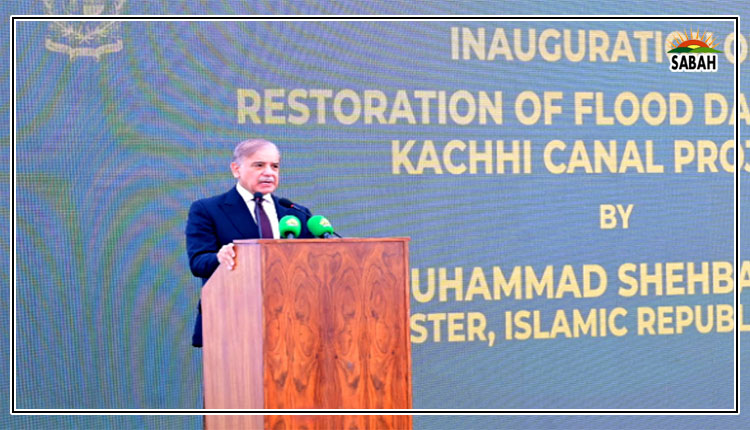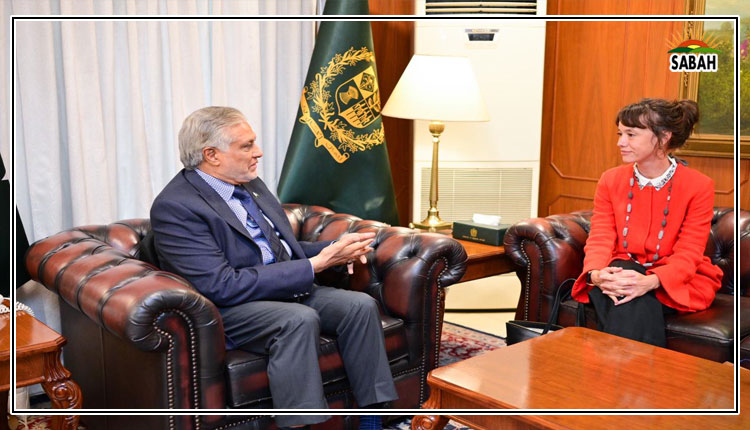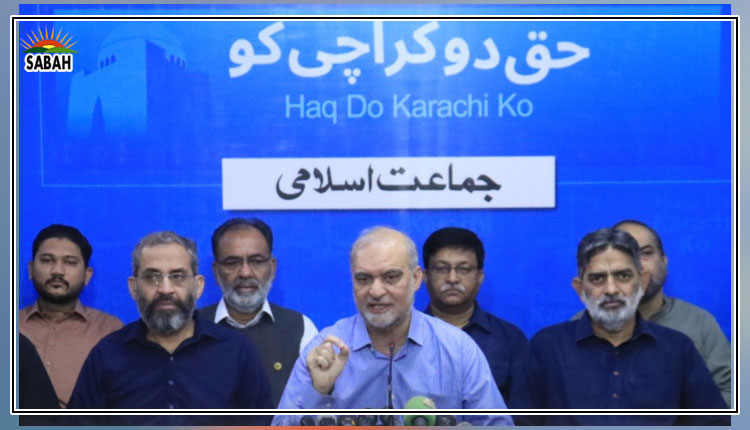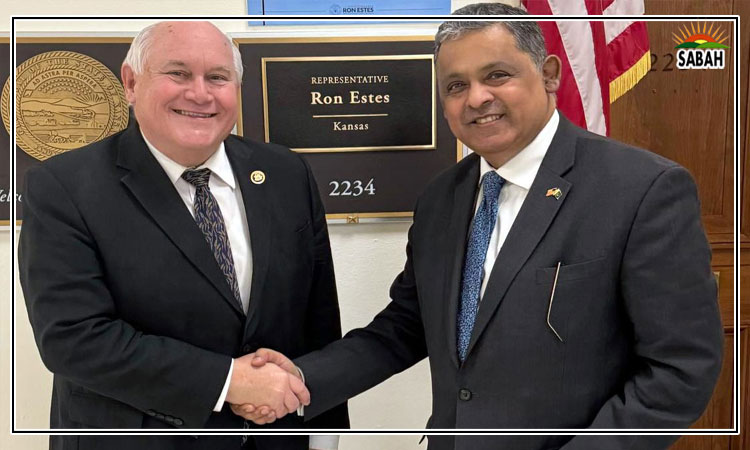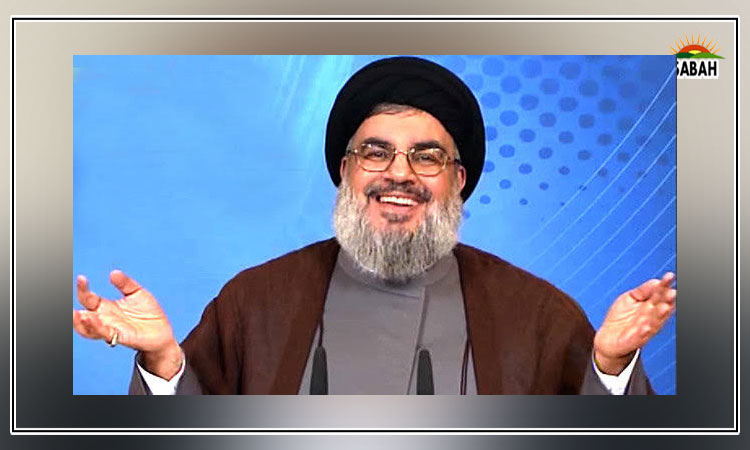Hassan Nasrallah, Hezbollah leader martyred in Beirut in Israeli attack
BEIRUT, Sep 28 (SABAH): Lebanon’s Hezbollah confirmed on Saturday that its leader Sayyed Hassan Nasrallah was martyred and vowed to continue the battle against Israel.
Nasrallah’s death marks a major blow not only to Hezbollah but also to its backers in Iran. He was a leading figure in the Tehran-backed Axis of Resistance, helping to project Iranian influence across the Middle East.
Nasrallah, who reached the peak of his popularity after the war with Israel in 2006, was seen as a hero by many, not just in Lebanon but beyond. Standing up to Israel is what defined him and his Iranian-backed group, Hezbollah, for years. But that changed when Hezbollah sent fighters to Syria to crush the uprising threatening President Bashar al-Assad’s rule.
Despite this, Nasrallah continued to enjoy support from his loyal base – mainly Lebanon’s people who revered him as a leader and religious figurehead.
Born in 1960, Nasrallah‘s early childhood in East Beirut is cloaked in political mythology. One of nine siblings, he is said to have been pious from an early age, often taking long walks to the city centre to find second-hand books on Islam. Nasrallah himself has described how he would spend his free time as a child staring reverently at a portrait of scholar.
After the outbreak of civil war between Lebanon‘s Christian Maronites and Muslims, Nasrallah joined Amal’s movement and fought with its militia. But as the conflict progressed, Amal adopted a staunchly unsympathetic stance towards the presence of Palestinian militias in Lebanon.
Disturbed by this stance, Nasrallah split from Amal in 1982, shortly after Israel’s invasion of Lebanon, and formed a new group with Iranian support that would later become Hezbollah. By 1985, Hezbollah had crystallised its own worldview in a founding document, which addressed the “downtrodden of Lebanon“ and named the Supreme Leader Ayatollah Khomeini of Iran as its one true leader.
Since early in his career, Nasrallah‘s speeches helped cement his persona as a wise, humble figure, deeply invested in the lives of everyday people – a leader who shunned formal Arabic in favour of the dialect spoken on the street, and who reportedly preferred to sleep, every night, on a simple foam mattress on the ground.
In the book The Hizbullah Phenomenon: Politics and Communication, scholar and co-author Dina Matar describes how Nasrallah‘s words have fused political claims and religious imagery, creating speeches with high emotional voltage that transformed Nasrallah into “the very embodiment of the group”.
Nasrallah’s charisma was far-reaching; his elegies on the history of oppression in the Middle East have made him an influential figure across sects and nations. That was helped by Hezbollah‘s sprawling media apparatus, which makes use of TV, print news and even musical theatre shows to spread its message.


